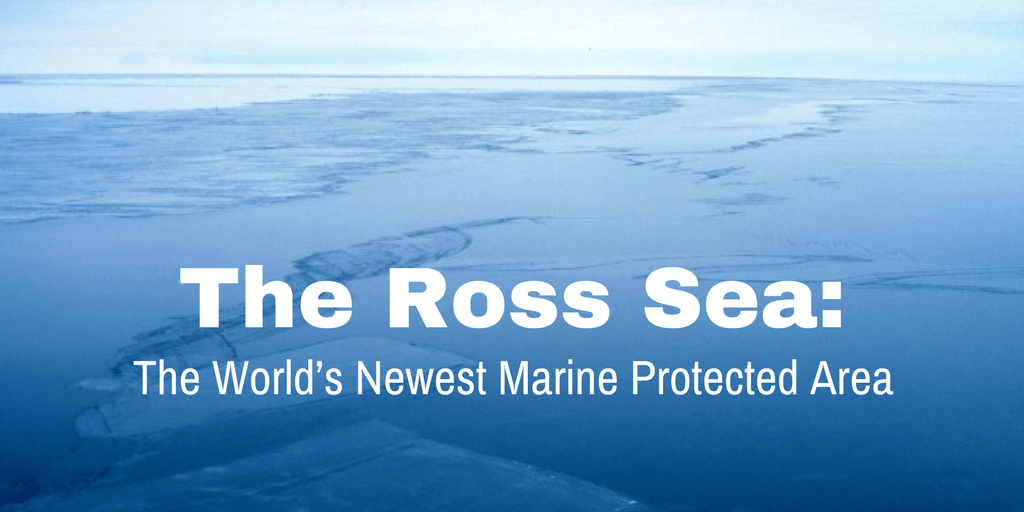The Ross Sea, a bay located in the Southern Ocean of Antarctica, has always been home to a wide array of marine life, and is now home to the world’s largest marine protected area (MPR). A unanimous decision to protect the Ross Sea was reached by the Commission for the Conservation of Antarctic Marine Living Resources (CCAMLR), a commission that includes 24 countries and the UN.
The agreement came about because this area is one of the few regions left on our planet that has a completely unaltered marine ecosystem. The waters are teeming with every member of the food chain, from krill to large predatory fish, and the land is full of penguins, birds, and seals. There are over 40 species of animals that cannot be found anywhere else on Earth, and large populations of several species of penguins.
Since the Ross Sea harbors Antarctica, fishing has been hard to reach by commercial fishermen, but recently Antarctic Toothfish have been caught and sold in markets as Chilean Sea Bass. There was worry that there would soon be efforts by commercial fishermen to fish in this region, and the international community took a stand in protecting this area. With so little human activity, wildlife has been able to thrive and maintain its biological diversity.
In 2011, the US and New Zealand proposed the idea, and after 5 years of negotiation the UN and 24 supporting nations approved the reserve. Under the agreement, 575,000 square miles will be protected, 72% being a ‘no-take’ zone, which makes commercial fishing illegal, while the remaining area will be open to fishing for scientific research purposes only. The original proposal covered 875,000 square miles of land, but the fact that such a large area was passed unanimously shows that the protection of marine life is becoming more important to the entire world.
The creation of this Protected Marine Area is a remarkable achievement for both the diplomatic and scientific communities. The area is filled to the brim with different species of penguins, whales, seals, fish, and tons of krill and plankton, making it an excellent place to further our understanding of Antarctic marine life.
Traveling to see the Ross Sea would be an adventure of a lifetime, and one that I hope so someday embark upon!

